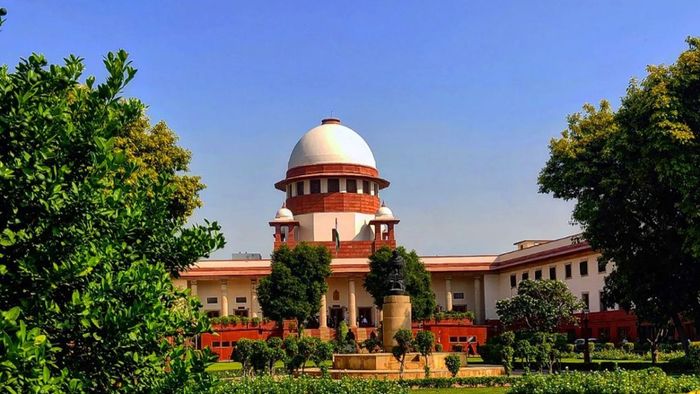Naga students' body condemns Supreme Court's ruling on Oting massacre, calls for justice and unity
The Rongmei Naga Students' Organization, Manipur (RNSOM) has expressed profound dismay and "strong indignation" over the Supreme Court of India's ruling on September 17, 2024, which effectively dismissed criminal proceedings against 30 Indian Army personnel.

- Sep 21, 2024,
- Updated Sep 21, 2024, 9:37 AM IST
The Rongmei Naga Students' Organization, Manipur (RNSOM) has expressed profound dismay and "strong indignation" over the Supreme Court of India's ruling on September 17, 2024, which effectively dismissed criminal proceedings against 30 Indian Army personnel. These soldiers, from the 21 Para (Special Forces), were implicated in the tragic massacre of 14 civilians in Oting village, Mon District, Nagaland, on December 4, 2021.
In a forceful statement, the RNSOM condemned the court's decision, emphasizing the injustice meted out to the victims and their families. They underscored their objection to the closure of legal action against the soldiers responsible for what they termed an "inhuman massacre." The group views this verdict as a significant blow to the Naga people's ongoing struggle for justice, human rights, and self-determination.
The incident in Oting, a painful chapter in the Naga people's history, highlights the broader grievances related to the Armed Forces (Special Powers) Act (AFSPA) of 1958, which has long been a source of suffering and oppression in the region. The RNSOM noted that the Naga people continue to endure systemic violence under the shadow of AFSPA, which they described as a tool of state aggression and suppression.
Furthermore, the RNSOM questioned the integrity of the Indian judiciary, particularly in this case. The organization lamented that, despite India being the world's largest democracy, the judicial system had "deliberately failed" to uphold justice for the victims of the Oting massacre. This, they stated, reflects a broader denial of justice and human rights to the Naga people, deepening their sense of alienation and disillusionment.
Also read: Security forces recover explosives and weapons in Manipur’s Churachandpur during search operations